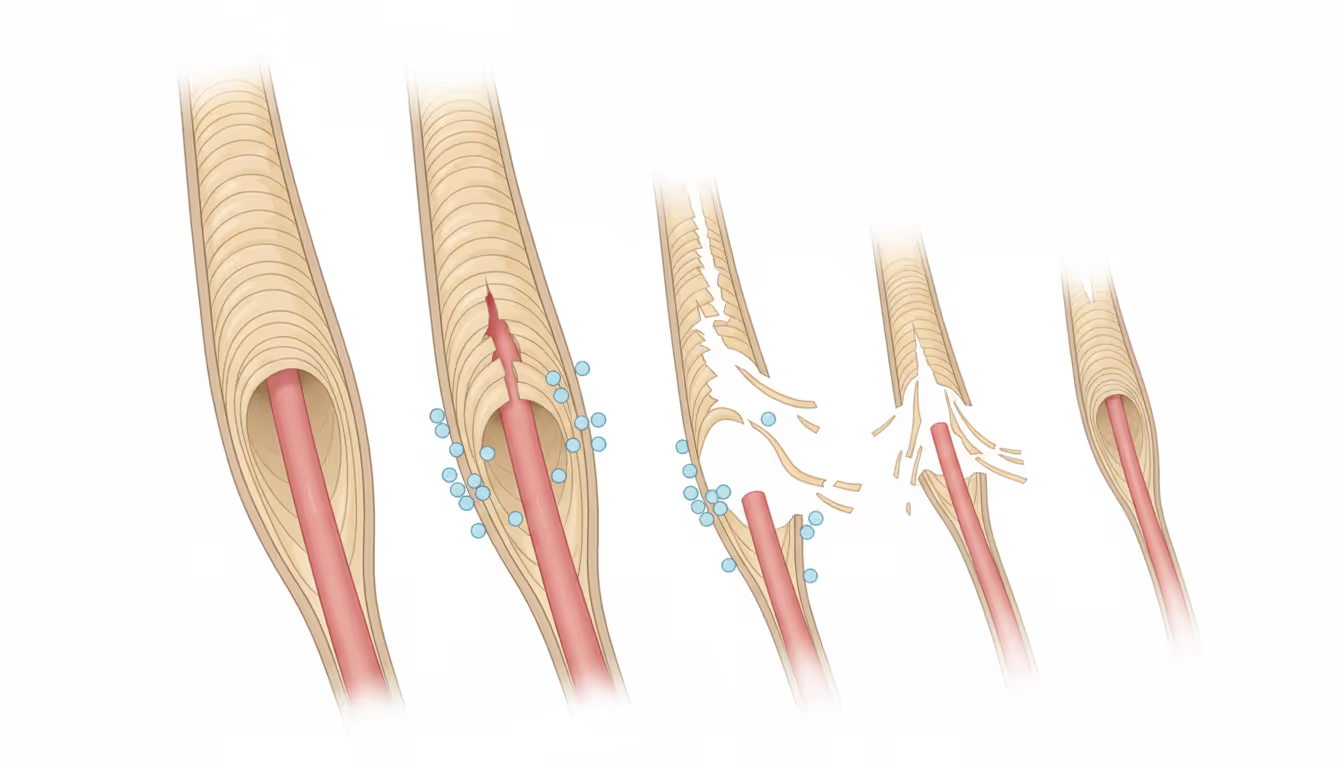
Guillain-Barré syndrome is a condition marked by the gradual onset of symmetrical paralysis and the diminishing or absence of reflexes, often starting in the legs. This paralysis typically affects multiple limbs, most frequently the legs, and progresses upward from the extremities toward the torso. In both the legs and arms, patients may experience a loss or reduction of reflexes. An important distinguishing feature of Guillain-Barré syndrome is the absence of fever, which helps differentiate it from other illnesses. The syndrome often follows a respiratory infection and seems to be triggered by an immune response that mistakenly attacks the myelin sheath around peripheral nerves or the nerves themselves. It can also be triggered by other events, such as vaccinations. Vaccines linked to Guillain-Barré syndrome include the swine flu vaccine, oral poliovirus vaccine, and tetanus toxoid. Additionally, infections from Campylobacter jejuni bacteria and various viruses can precede the syndrome. Currently, no specific test exists to confirm a diagnosis of Guillain-Barré syndrome, so other similar conditions must be excluded first. Treatment options include plasmapheresis and intravenous immunoglobulin (IVIG). Most patients with Guillain-Barré syndrome achieve full or near-full recovery.For additional information, see: Demyelination; Polio.




